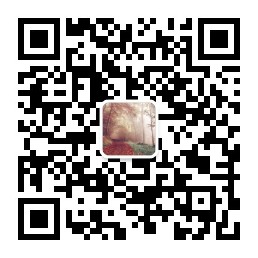Chapter 2: Communication itself is a need
1. First, a point needs to be made clear. Communication itself is a need.
In other words, users need to spread your product, so your product will be spread by users and spread continuously and in large quantities.
Therefore, you don’t need to rack your brains to create something that attracts users but has nothing to do with the product itself. Even if users come, it will be difficult to convert and retain them.
You don’t need to go to great lengths to induce and coerce. Even if you achieve your goal, you will still lose the user’s heart.
Clarify your point of view and correct your attitude.
All you need is to find the point in your product that users need to spread.
2. Where is the transmission point? That is, where do users need to spread the message?
It can be found in the user's usage scenario, it can be found in the user's usage process, or it can
Find it in the ecology of interests involved in the product.
The first two have nothing to explain and are easier to understand. This last point needs some explanation.
A product, especially one involving multiple user roles, often forms an ecosystem of interests. For example, the ecosystem of Taobao’s sellers and buyers, the ecosystem of Didi’s car owners and passengers, the ecosystem of Baidu’s webmasters and C users, the ecosystem of WeChat’s self-media, developers, and C users, and the ecosystem of Meituan Waimai’s merchants and C users. User and rider ecology.
These are relatively simple interest ecosystems because there are fewer roles involved. The more roles a benefit ecology involves, the more complex it becomes, such as the supply chain.
3. How to find the transmission point?
Three laws of product communication power. Using these three rules, you can find communication points from the user's usage scenarios, user usage processes and the interest ecology involved in the product.
These three laws are the law of synergistic relationship, the law of self-expression, and the law of interest association.

关注我的微信公众号

